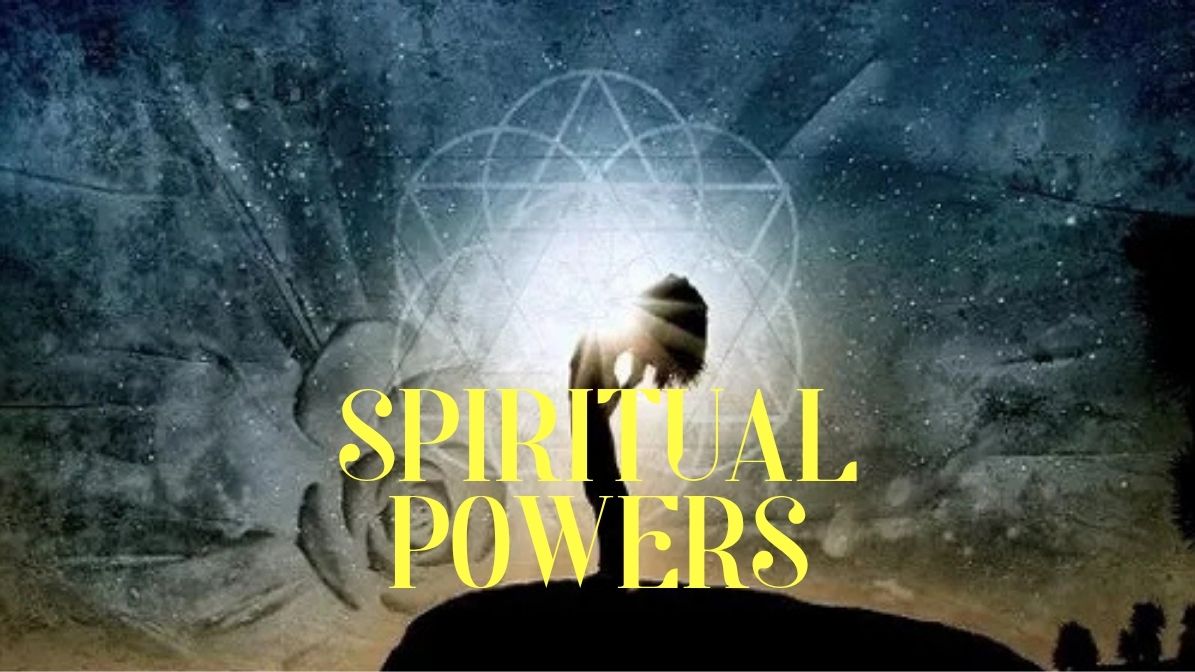Spiritual powers have fascinated humankind for centuries. From ancient tales to modern-day spiritual practices, people often wonder: Can someone truly possess spiritual powers? Let us explore this intriguing topic with a focus on the teachings of ISKCON Mayapur and wisdom from the Srimad Bhagavatam.
Understanding Spiritual Powers
In the spiritual domain, “powers” do not just refer to miracles or exceptional abilities. According to the Vedic tradition, and especially the Srimad Bhagavatam, spiritual powers (Sanskrit: Siddhis) are special capabilities that develop as a byproduct of intense devotion, meditation, and connection with the Divine.
These powers are not the ultimate goal. Instead, they are signs of spiritual progress and should always be used with great humility and purpose.
ISKCON Mayapur: The Center of Devotion
Mayapur, located in West Bengal, India, is the global headquarters of ISKCON (International Society for Krishna Consciousness). Often called the “spiritual capital of the world,” ISKCON Mayapur attracts thousands of visitors and spiritual seekers annually.
ISKCON Mayapur is known for its vibrant devotional activities, kirtan (congregational chanting), and focus on the teachings of Lord Krishna as explained in scriptures like the Srimad Bhagavatam. Many devotees report feeling an extraordinary sense of peace, energy, and transformation during their time in Mayapur. This is often described as an experience of “spiritual energy” or “spiritual power.”
Srimad Bhagavatam: Source of Spiritual Wisdom
The Srimad Bhagavatam, one of the greatest Puranic texts in Hinduism, provides deep insights into the nature and purpose of spiritual powers. It emphasizes that real power lies in devotion to God, particularly to Lord Krishna.
In the Eleventh Canto (11.15), the Srimad Bhagavatam describes the “Ashta Siddhis” or eight major spiritual powers:
- Anima – Becoming smaller than the smallest
- Mahima – Becoming larger than the largest
- Garima – Becoming extremely heavy
- Laghima – Becoming extremely light
- Prapti – Achieving anything, anywhere
- Prakamya – Fulfilling any desire
- Ishitva – Supreme lordship (controlling power)
- Vashitva – Control over all material elements
These powers are mentioned as abilities that advanced yogis or devotees may attain. However, the Srimad Bhagavatam repeatedly states that the highest spiritual power is pure devotion and surrender to God.
What Does ISKCON Mayapur Teach About Spiritual Powers?
Teachers and devotees at ISKCON Mayapur emphasize that spiritual power is not defined by supernatural abilities, but by inner qualities such as:
- Unwavering faith in God
- Control over mind and senses
- Compassion and love for all beings
- Ability to remain peaceful in adversity
- Detachment from material temptations
- The capacity to inspire and uplift others
According to the teachings given in ISKCON Mayapur and the Srimad Bhagavatam, when a devotee deeply engages in bhakti (devotion), chanting the holy names (especially the Hare Krishna Mahamantra), and lives a life of humility and service, these spiritual qualities naturally manifest, and the devotee feels empowered to overcome life’s difficulties.
Do Spiritual Powers Mean Performing Miracles?
Many people associate “spiritual power” with performing miracles or supernatural feats. However, the Srimad Bhagavatam and ISKCON Mayapur teachings clarify that true spiritual power is about transformation of character, not exhibition of magic.
Real spiritual power enables one to:
- Conquer negative emotions like anger, greed, and envy
- Stay calm and balanced in any situation
- Show genuine love and forgiveness
- Inspire others towards righteousness and peace
- Experience deep inner happiness (ananda) beyond material circumstances
How ISKCON Mayapur Inspires Spiritual Power
Every year, thousands of seekers visit Mayapur to participate in kirtans, study spiritual texts, engage in meditation, and associate with saintly devotees. The environment of ISKCON Mayapur is charged with spiritual vibrations. Many visitors share their transformation stories—feeling unprecedented peace, clarity, and a sense of being spiritually energized after spending time at Mayapur.
Several key practices at ISKCON Mayapur that help awaken spiritual power include:
- Daily chanting of the Hare Krishna Mahamantra
- Reading and discussing Srimad Bhagavatam
- Participating in congregational kirtans
- Serving the deity and the community
- Living a life of purity and simplicity
All these, according to Srimad Bhagavatam, gradually purify the heart and awaken the potential for spiritual powers—primarily, the power to love God and all beings without selfishness.
The Ultimate Spiritual Power: Bhakti (Devotion)
Both the Srimad Bhagavatam and teachings from ISKCON Mayapur agree that the highest spiritual attainment is bhakti—pure, selfless devotion to the Lord. When a person’s heart is filled with love for Krishna (God), all lower desires and negative tendencies are automatically transcended.
Srila Prabhupada, the founder of ISKCON, explained that many yogis were distracted by the temptation of siddhis (supernatural powers), but true devotees see these as insignificant compared to the joy of communion with the Supreme. This is why devotees in Mayapur and around the world focus on service (seva) and love over miracles.
Conclusion
So, can someone really have spiritual powers? Yes—the potential exists in every soul. But the greatest spiritual power is not to perform outward miracles but to transform one’s own heart. According to the Srimad Bhagavatam and the living example of ISKCON Mayapur, anyone can awaken spiritual powers like inner peace, unbreakable faith, self-mastery, and unconditional love through sincere devotion, chanting, and service.
In the end, the path shown by ISKCON Mayapur and the Srimad Bhagavatam inspires us to search for these divine powers within and use them for the highest welfare of the self and society.




